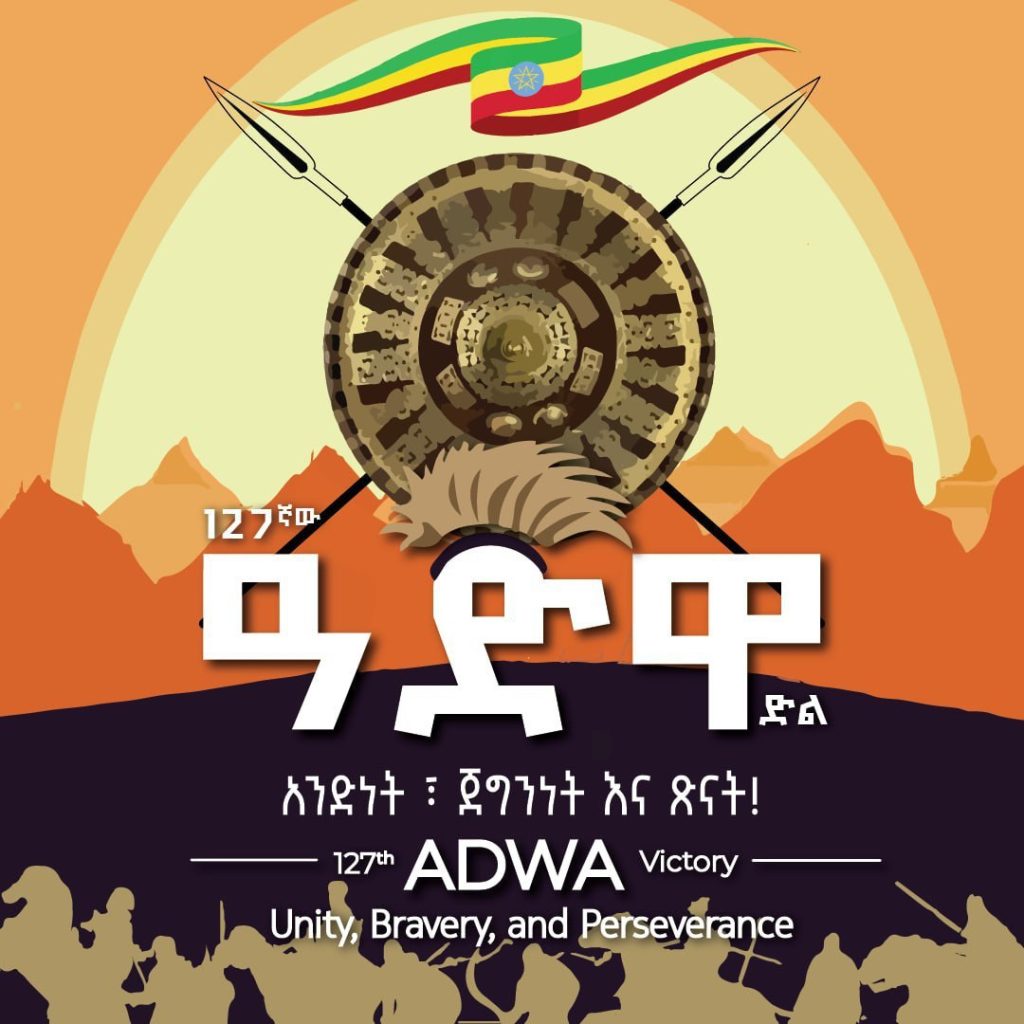
Addis Ababa, March 01, 2023 (Walta) – Ethiopia’s age old independence comes at a cost of dear lives of thousands of heroes and heroines throughout its existence. Ethiopians fought from Maqdalla to Matamma, from Gundet to Gura, from Dogali to Ambalage and to the glorious Adwa. All of them were battles for freedom and independence not for occupations and aggression.
Italy was late comer in acquiring colonial territories in Africa as most of Africa was under France and Britain. In order to avoid conflict and peacefully scramble Africa among themselves, 14 European countries convened in Berlin for three months. That in history is called Berlin Conference held between November 1884 and February 1885.
After completing its unification in late 1860s, Italy started looking for oversea colonial territory to level its glory and fame with most European nations. As late comer, Italy was signaled by the participants to grab Ethiopia as its colony. In fact, Italy set its feet in Ethiopia in 1860s after buying land in Assab from a local people.
Since 1885, Italy kept expanding to the highlands of Ethiopia. In 1887 Ras Alula, Yohannes’, right hand man crushed expanding Italian army at Dogali. Exploiting the political transition from Yohnnes IV to Menelik II, Italy intensified its expansion deep into the highland of Ethiopia during reign of Emperor Menelik II (1889 -1913).
Emperor Menelik was very much aware of the intention of Italians. He was also a strategist and decided to sign a treaty to abate Italian expansion beyond Mereb River. Eventually Wuchale Treaty was signed between Ethiopia and Italy in May 1889. The meaning discrepancy between Amharic and Italian version was the main source of the war.
The Italian version of article 17 of the treaty obliged Ethiopia to go through the Italian government in all of its foreign policy dealings while the Amharic version simply allowed for the option of seeking Italian diplomatic support.
This mischievous attempt made Italian intent clear to Menelik II and had no option but to prepare for the war. On 17 September 1895, Menelik declared an all-out mobilization his army against Italy. He called on all Ethiopians to defend their country, family and religion from foreign invaders. Over 100,000 Ethiopian men and women from all corners and from all tribes, cultures and community accepted his call and converged at Adwa. Regional leaders from diverse ethnic and cultural backgrounds responded unanimously creating an army of 100,000.
The decisive day came. On early morning of March 01, 1896, the war broke out at Adwa. Menelik’s army had traveled over thousand kilometer and was away for six months. Supply and logistics was much of a problem. Hence, the Emperor employed deception against Italian. That was why on the Ethiopian Patron Saint day, St. George, thinking Ethiopians would not fight on the date, Italians started its offensive. The main and the actual engagement of the war lasted for half day.
The outcome of the battle ensured Ethiopia’s independence, making it the only African country, in high time of colonialism, never to be colonized. The victory put Ethiopia boldly on the map of the world.
The result of the war totally changed Europeans’ views towards Africa in general and Ethiopia in particular.
Immediately, Europeans rushed to Addis Ababa to open their embassies in Ethiopia. European were intrigued by the news of Ethiopia’s victory. Italians themselves cheered the victory and rallied against Francesco Crispi government.
Adwa turned Ethiopia into a symbol of freedom for black people globally. The victory became an important source of inspiration for African Americans civil right movement, and symbol for Africans people’s resistance and anti-colonial struggle.
Emphasizing significance of the victory, the renowned historian, Professor Baheru Zewude, noted “The symbolic dimension of the victory of Adwa was greater in areas where white domination of blacks was most extreme and marked by over racism, that is, in Southern Africa and United States of America. To the blacks of these countries’ victories, Ethiopia became a beacon of independent and dignity.” Hence Adwa has significant contribution for pan-Africanist movement that came in the 20th centuries.
Ethiopia fought, not just against Italy, but European colonialism and singlehandedly reversed the notion of racial prejudice across the world.